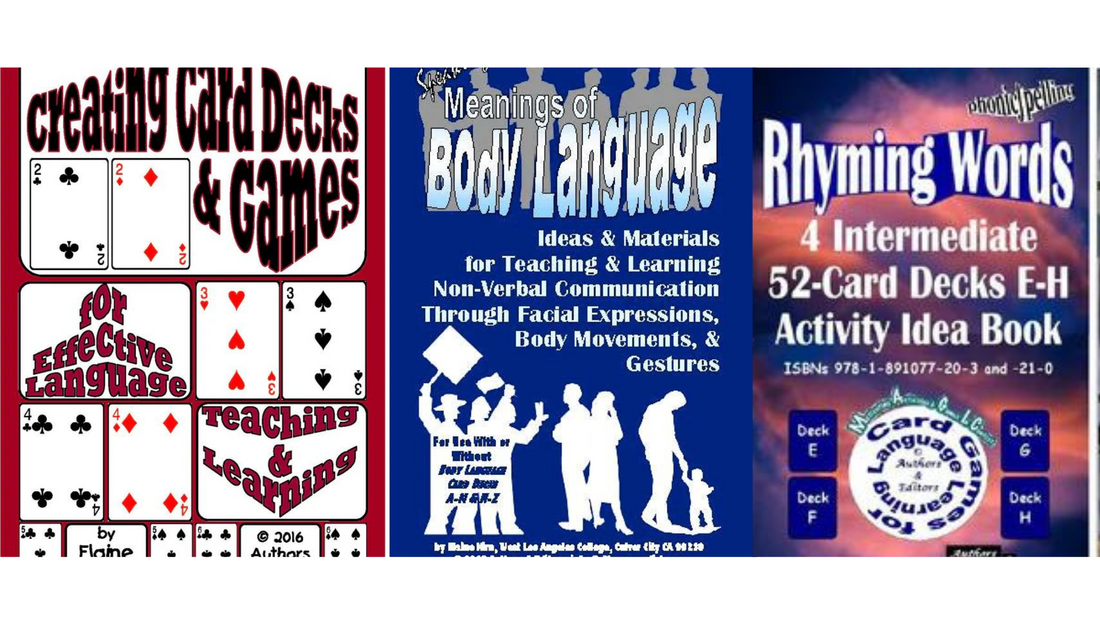Summer is an excellent time for English learners to explore fun and interactive ways to improve their language skills. With longer days and often a more relaxed schedule, integrating games into your learning routine can be both enjoyable and highly effective. Games not only make learning more engaging but also reinforce knowledge through repetition and practical application, making them ideal for learners of all ages.
Why Games Are Beneficial for English Learning
1. Increased Engagement: Games naturally attract attention and can turn repetitive learning activities into exciting challenges. This engagement helps learners absorb and retain new information more effectively.
2. Practical Vocabulary Use: Many games require the use of specific vocabulary to succeed or advance, providing learners with practical application opportunities for the language they are studying.
3. Improved Language Skills: From listening and speaking to reading and writing, games often require comprehensive language use that challenges learners in multiple areas.
4. Stress-Free Learning Environment: Games create a low-pressure environment for learning, where mistakes feel like part of the game rather than failures. This setting encourages risk-taking and experimentation with new words and grammar structures.
Recommended Resources from Work/Life English
To get you started on your summer of English learning through games, Work/Life English offers several resources that are both innovative and instructive:
1. Body Language: Meanings of How to Communicate Without or Beyond Words (Digital Version) : This interactive digital resource provides a comprehensive overview of various teaching methods effective in learning English. It lays a solid foundation on which learners can build their understanding and offers a strategic approach to incorporating games into regular learning.
2. Creative Card Decks & Games: This resource includes a variety of card decks and games designed specifically for English learners. These materials focus on making learning playful and dynamic. The accompanying guidebook offers instructions and tips on how to maximize learning through these games, making it a perfect fit for interactive group sessions or self-study.
3. Intermediate & Advanced Card Decks : For those at intermediate or advanced levels, this set of card decks introduces more complex vocabulary and grammar structures. The included activities book provides numerous game ideas that can help reinforce these advanced concepts in a fun and engaging way.
How to Integrate These Resources into Your Learning
1. Set Up Regular Game Nights: Whether with family, friends, or fellow learners, organize regular sessions where you can play these English learning games together.
2. Incorporate Rewards: Make the learning process even more exciting by incorporating small rewards for achievements made during the games. This can help motivate learners to engage more deeply with the material.
3. Use Games as Supplementary Activities: Integrate games into your broader English learning strategy. Use them to reinforce material learned through more traditional methods such as classes or self-study modules.
4. Track Progress: Keep a journal or log of the games played and the new words or grammar rules learned. This documentation can help learners see their progress over time, keeping them motivated and engaged. Using games as a part of your English learning strategy can transform your educational experience and lead to significant improvements in your language skills. With the engaging resources available from Work/Life English, you're well-equipped to turn this summer into a fun-filled, enriching learning journey.

